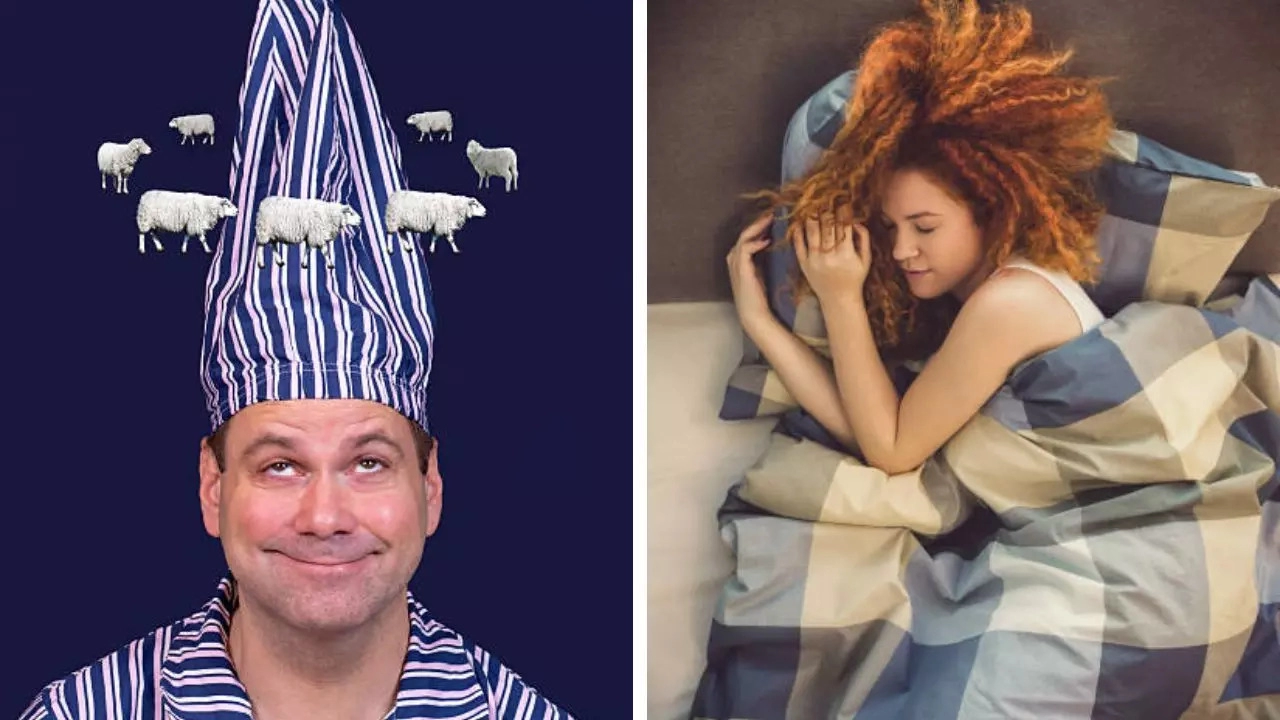World Mental Health Day 2024: Know How Cognitive Shuffling, A Viral Mental Exercise Helps You Get Over Sleep-Related Anxiety
Oct 09, 2024
News

Cognitive shuffling distracts you from the noise and involves visualizing random images to help you drift off
If you have been constantly tossing and turning at night and looking for ways to get better sleep - try cognitive shuffling. According to mental health experts, this method is going viral as a hack that helps treat sleep-related anxiety.
Doctors say cognitive shuffling distracts you from the noise by "switching from deep thinking to random thinking." It also involves visualizing random images to help you drift off. Doctors also say it helps reduce performance anxiety on how long it is going to take to fall asleep.
How does cognitive shuffling work?
Experts say there are a variety of practices you can indulge in cognitive shuffling, which include:
- Pick a random word, and spell it out in your head. For example, use the word “mask.”
- Visualize the first letter of that word. In this case, that would be “m”.
- In your head, list all the other words you can think of and start with that letter. In this case, you could list merry, mango, money, Monday, etc.
- Make lists for all the subsequent letters of your original word. In this case, that would be “a”, “s”, and “k”.
Few other ways to regulate sleep
Apart from cognitive shuffling, there are many other effective ways to improve sleep. Doctors suggest maintaining good sleep hygiene, like avoiding large meals late at night and keeping your bedroom dark and cool.
However, for those struggling to sleep at night, do try:
- Avoid caffeine before bedtime
- Go to bed and wake up at a consistent time
- Avoid nicotine
- Exercise in the earlier part of the day
- Avoiding drinking alcohol in the evening
- Make sure to eliminate distractions like noise or light from television or smartphone
- Try meditation - a common CBT practice that helps you be more relaxed by clearing your mind before sleeping, focusing on breathing, reducing muscle tension, and relieving the body of stress hormones.
Get Latest News Live on Times Now along with Breaking News and Top Headlines from Mental Health, Health and around the world.



